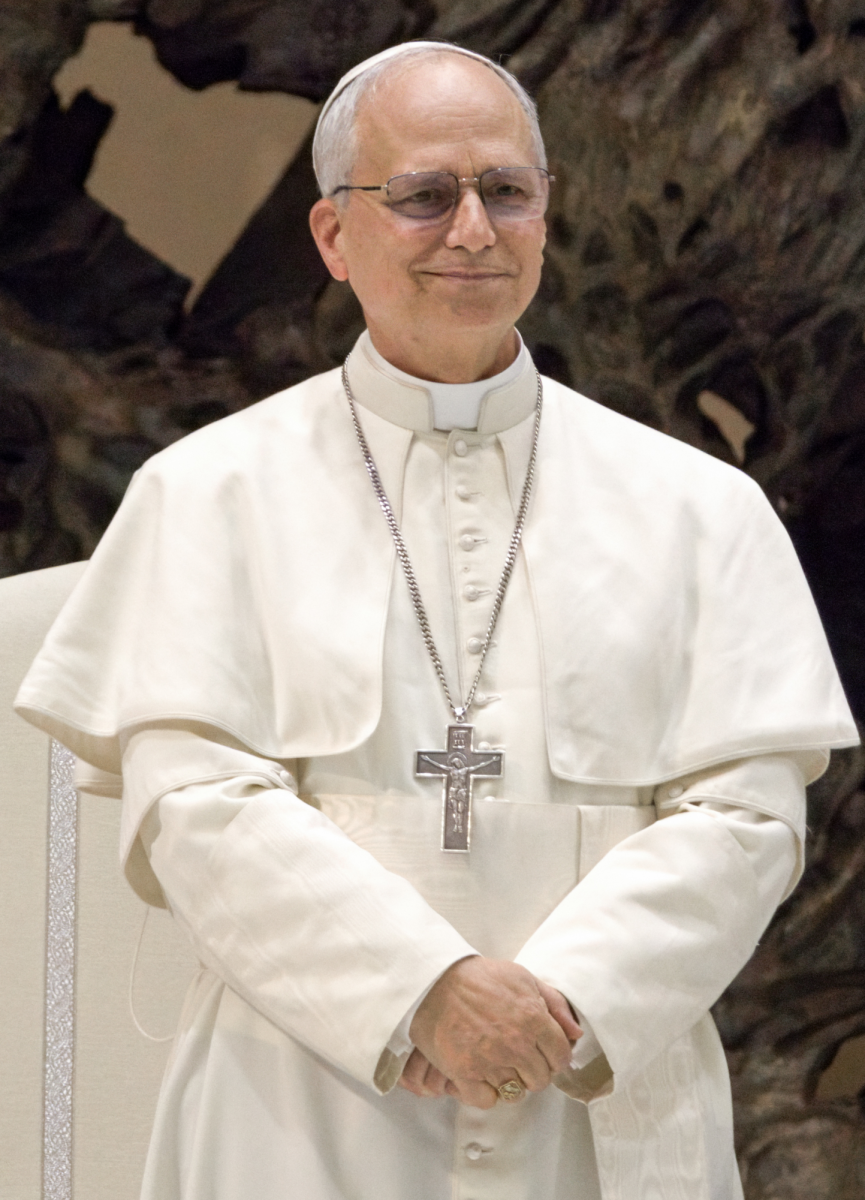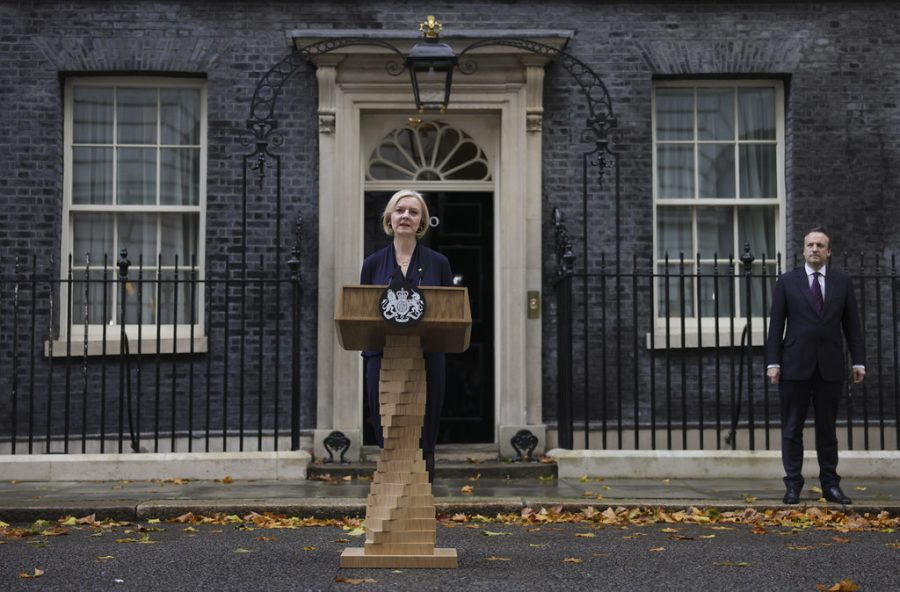Exit Truss, Enter Sunak
A look at the whirpool of British politics in the past month.
November 1, 2022
British Prime Liz Truss resigned on Thursday, October 20, 2022 after just six weeks (44 days) in office. The main reason being the economic disaster that sent the English pound and government into a spiraling downfall.
Truss was first appointed by the late Queen Elizabeth II September 6 of this year, only a few days before the longest-reigning monarch’s death. As Truss resigns, she will be known as the shortest-serving British prime minister as well as one of the shakiest ones. The previous record-holder (for nearly 200 years!) was George Canning of the Tory party in 1827, lasting only 119 days before succuming to a sudden death due to pneumonia.
Even among the economic turmoil, only few had supported her prior to her final departure, with several lawmakers denouncing the strong-arm tactics employed by the government that allegedly brought some colleagues to tears, and prompted demands from within her own party for Truss to go.
By that Thursday morning, Graham Brady, a senior Conservative policy maker who oversees any leadership challenges saw well and clear: this was the end of Truss’ reign.
The former Prime Minister initially proposed a new radical economic plan that would shift the country’s fortune to a more low-tax and high-growth state, which would hopefully unleash post-Brexit’s peak potential. “Truss-onomics” sounded good but failed in practice.
Her first finance minister, Kwasi Kwarteng, saw 45 billion pounds ($48 billion) in unfunded tax cuts, which saw the government’s cost of borrowing spiral and led to an emergency intervention from the central Bank of England and a firm word from the International Monetary Fund.
After Kwarteng was fired, his successor Jeremy Hunt tried in vain to reverse the controversial policies in hopes of restoring the previous national economic state; it too failed.
Soon, Truss’ personal approval ratings fell to negative 70, which made her the most unpopular party leader in British history.
Now as Truss leaves, enter another Conservative party member, Rishi Sunak. The former Chief Finance Minister of Britain originally came second during the race against Truss for the post of Prime Minister.
Sunak was the only individual able to attain the support of 100 Conservative members in Parliament, the minimum threshold for potential candidates. As he takes on the new position as British Prime Minister, he becomes the first person of color, the first non-Christian and first Asian person to hold that role. At age 42, he is also the youngest person to take the office in more than 200 years.
As a successful businessman, Sunak is well-versed and experienced in fighting economic crises. As Chief Finance Minister, he helped guide the UK through the Covid-19 pandemic and was labeled as a the “sound finance” candidate.
Now as he takes on Prime Minister, he also takes on the burden of the current economic crisis that Truss created. With the Conservative party already unpopular, the world looks towards Sunak to see if he can possibly help Britain emerge out of this chaos.

























